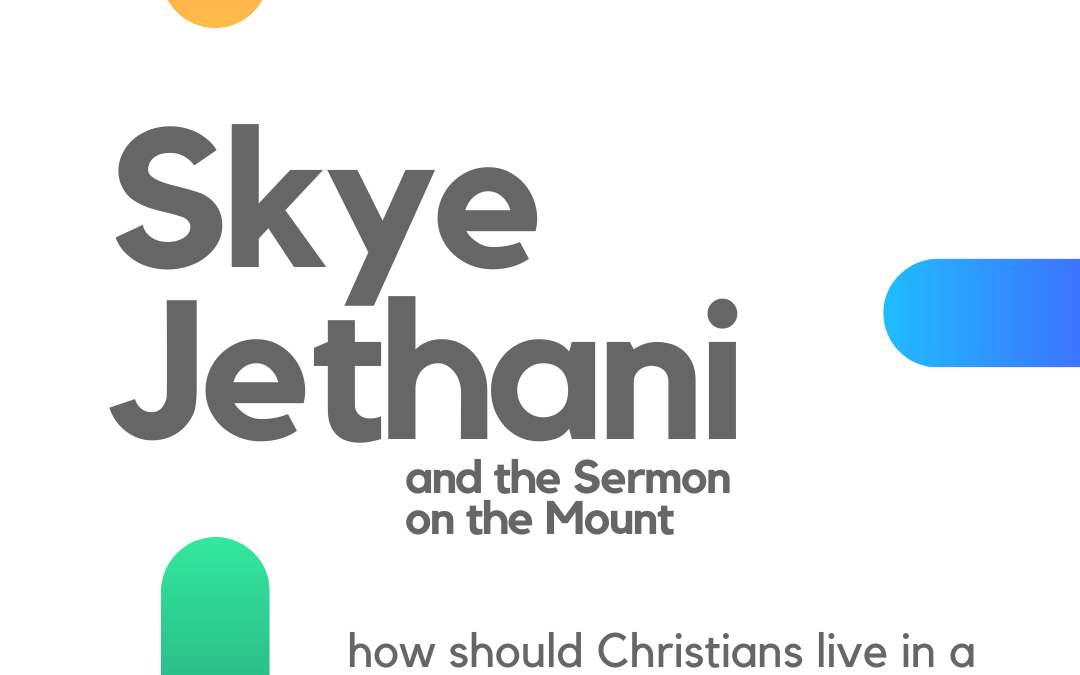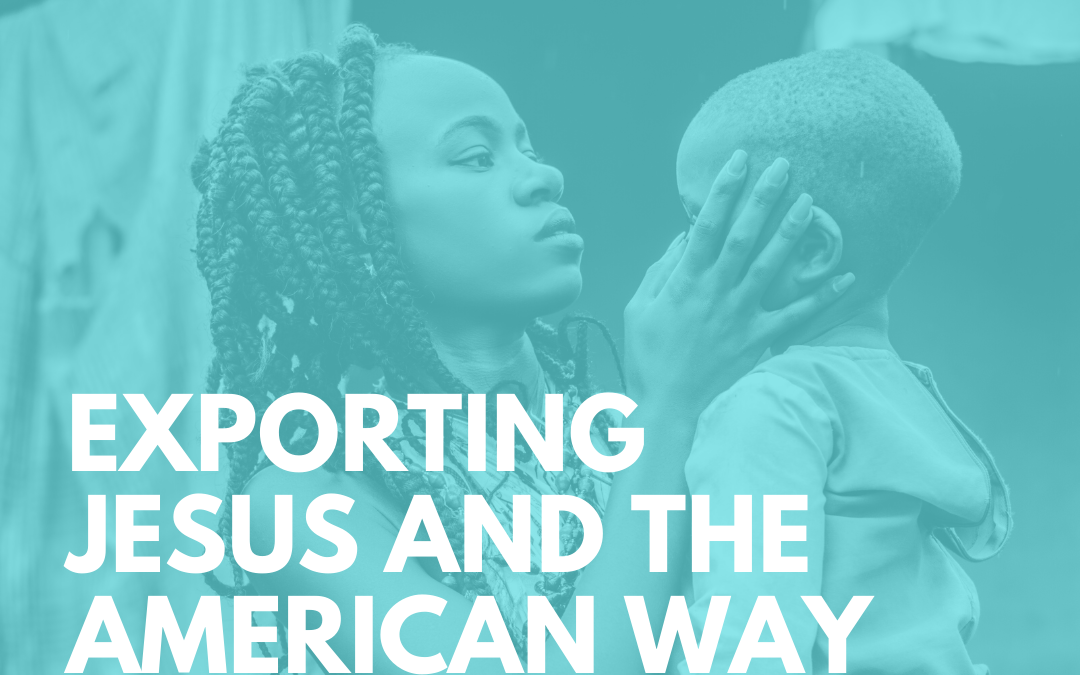
by Chris Staron | Sep 14, 2021 | Episodes
The story of how pyramid schemes came to effect 1 in 6 American households
Multi-level marketing (MLM) is a relatively new invention. It was created when a failed vitamin salesman named Carl Rehnborg was out of options. So his wife suggested that he attend a rally by Dale Carnegie, author of “How to Win Friends and Influence People”. Once there, he formed a bond that created one of the most profitable predatory financial traps in modern history: multi-level marketing. One that found its legs… in the world of cemetery plots.
Our guest in this episode is Robert FitzPatrick. He’s the founder of PyramidSchemeAlert.org, a non-profit that tells the truth about pyramid schemes. He’s also the author of the excellent book Ponzinomics: The Untold Story of Multi-Level Marketing.
Discussion Questions:
- Do you know someone who sells for an MLM?
- Have you ever sold for an MLM?
- Do you think they should be legal?
- What is market saturation and how does it impact salespeople?
- Have you ever bought an item that you didn’t need just because the salesperson was so good?
- What can you do to show MLMs for what they are?
- Has anyone at your church ever tried to sell you on an MLM?
- How can tying a bad business practice impact how people see Jesus?
Helpful Links:

by Chris Staron | Aug 3, 2021 | Episodes
Melvin Benson of the Cinematic Doctrine podcast asks Chris Staron about the Truce Podcast
Truce usually uses research, music, sound effects, and expert interviews to tell complicated stories about the Christian Church. We’ve made something like 100 episodes! Our listeners recommended that we celebrate by asking Chris questions submitted by audience members.
Special thanks to Melvin Benson of the Cinematic Doctrine podcast for asking the questions!

by Chris Staron | Mar 2, 2021 | Episodes
How should Christians react in a post-Christian society?
Many theologians describe our modern era as being post-Christian. Meaning that religion was once public in the United States, and it is slowly disappearing. Is that okay? Is it possible that now is a great time to be doing ministry?
In this episode Chris interviews pastor/ author/ podcaster Skye Jethani. He’s the author of the book “What if Jesus was Serious?” and co-host of The Holy Post podcast with Phil Vischer. Skye’s wisdom for this time helps Christians put today in perspective.
Discussion Questions:
- What is meant by the term “post-Christian”?
- Do you think we’re living in a post-Christian world?
- How do our environment and culture impact Jesus’ words in the Sermon on the Mount?
- What does it mean to love our neighbors? Turn the other cheek?
- Do you agree with Skye when he says that we are to obey our leaders, and yet we are the leaders in the US?
- If so, how does that impact how you live and work?
- Have you ever lived in an environment that was non-Christian? How does that differ from a culturally Christian area? Was it easier to do ministry in one over another?

by Chris Staron | Feb 2, 2021 | Episodes
Jerry Falwell Sr. had a controversial stance on apartheid segregation in South Africa.
Jerry Falwell Sr. had a controversial stance on apartheid segregation in South Africa. He was one of the most outspoken evangelical Christians in the 1980s. He founded Liberty University and the Moral Majority political movement. In 1985 he went on a trip to visit South Africa, which was then engaged in its apartheid practices. That meant keeping 80% of the land for white use only and moving black people to reservations. It was a black majority country controlled by the white minority.
Upon his return, Falwell made some controversial statements. Including one that American Christians should not protest South Africa or demand sanctions. Seems crazy, right? But South African guerillas were being funded (in part) by the Soviet Union. The worry that communism would take over South Africa was real. Which of the two evils would Christians choose? Backing an apartheid government, or potentially supporting the Soviet-sponsored rebels?
Our guest today is Melani McAlister, author of the excellent book “The Kingdom of God Has No Borders“. She is also professor of American Studies and International Affairs at George Washington University.
Discussion Questions:
- What do you think of Falwell’s position on apartheid?
- Do you think the US concern about communism was appropriate?
- What were Americans afraid of when it came to communism?
- When in history have you or the Church had to choose between the lesser of two evils?
- How could that have been handled differently?
Helpful Links:
- C-SPAN video of Jerry Falwell (edited for the show)
- George Washington University video featuring Melani

by Chris Staron | Jan 19, 2021 | Episodes
Christian missionaries sometimes export the United States with their messages.
Melani McAlister, author of “The Kingdom of God Has No Borders” and Professor of American Studies and International Affairs at George Washington University, joins us to discuss how we export Christianity. In the 1950s and 1960s, American denominations sent white missionaries to Africa to share the good news. But with them went their bias and racism. This was the era of Jim Crow laws. Some missionaries took those laws to Africa, not allowing black people to eat at their tables.
In this episode, we examine the problem of tying the United States to Christianity. When the US makes mistakes or does evil, how does that reflect back on the church?
Christian missionaries sometimes export the United States with their messages. What else is going with our missionaries?
Discussion Questions:
- Have you ever been on a mission trip before? What was your motivation for going?
- Do you think that it is possible to marginalize the people we are trying to witness to?
- How do you feel about showing pictures of poor people in church presentations? How might that practice encourage churchgoers to marginalize a people group?
- Do you think poor people in other countries are happier?
- Is it okay for us to export the American way with the gospel? If yes, then which things should we export?
Links:





